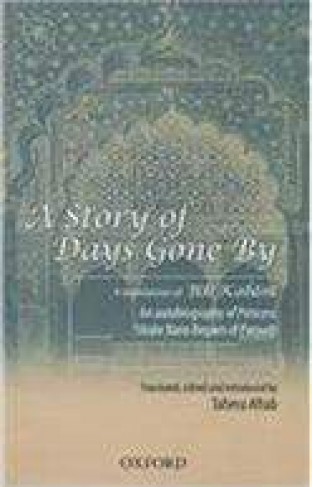This book is based upon my edited English translation of a manuscript, written in Urdu by Shahr Bano Begam, daughter of Nawwab Akbar Ali Khan (1813-1862), of Pataudi and daughter-in-law of Nawwab Abdur Rahman Khan of Jhajjar. The Begum wrote her life story, B?t? Kah?n?, in 1885, and two years later, in 1887, added a short introduction to it, which makes the writing the first autobiographical work by a Muslim woman of South Asia as well as one of the earliest autobiographies in Urdu literature. This story is not just a personal narrative; it is a complete, comprehensive, and tragically fascinating account, documenting for the first time the life of South Asian women during and after the tumultuous events of 1857. Indeed this narrative's contribution to the 'mutiny' historiography is unique as thus far this is the only piece of writing that vividly paints its effects on the lives of the Indians. This small but highly fascinating writing of Shahr Bano deepens our understanding of many other facets of history that usually remain hidden in works by male historians. Nineteenth- century South Asian scholarship produced commendable works providing significant insight on matters connected with the ultimate loss of political autonomy. The majority of these works, however, portray an incomplete image of the society, as they remain limited to 'public space' only. Shahr Bano, despite being a pardah-observing woman, in a highly fascinating manner connects the 'public' to the 'private' space, and thus presents a document of immense historical significance. What is more surprising than the art of story-telling in a simple, easy-to understand style is that Shahr Bano, a novice in the art of writing, handles her pen with superb dexterity and displays the craft of a historian with precision and objectivity.



